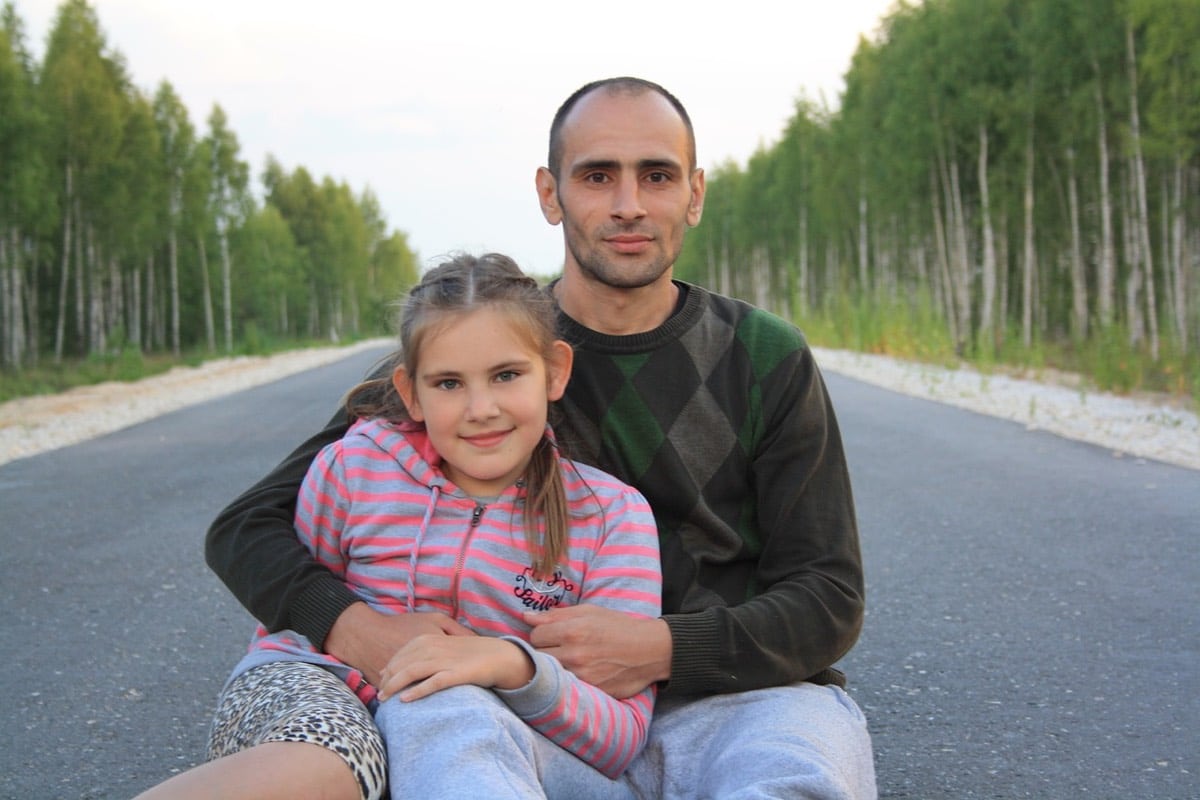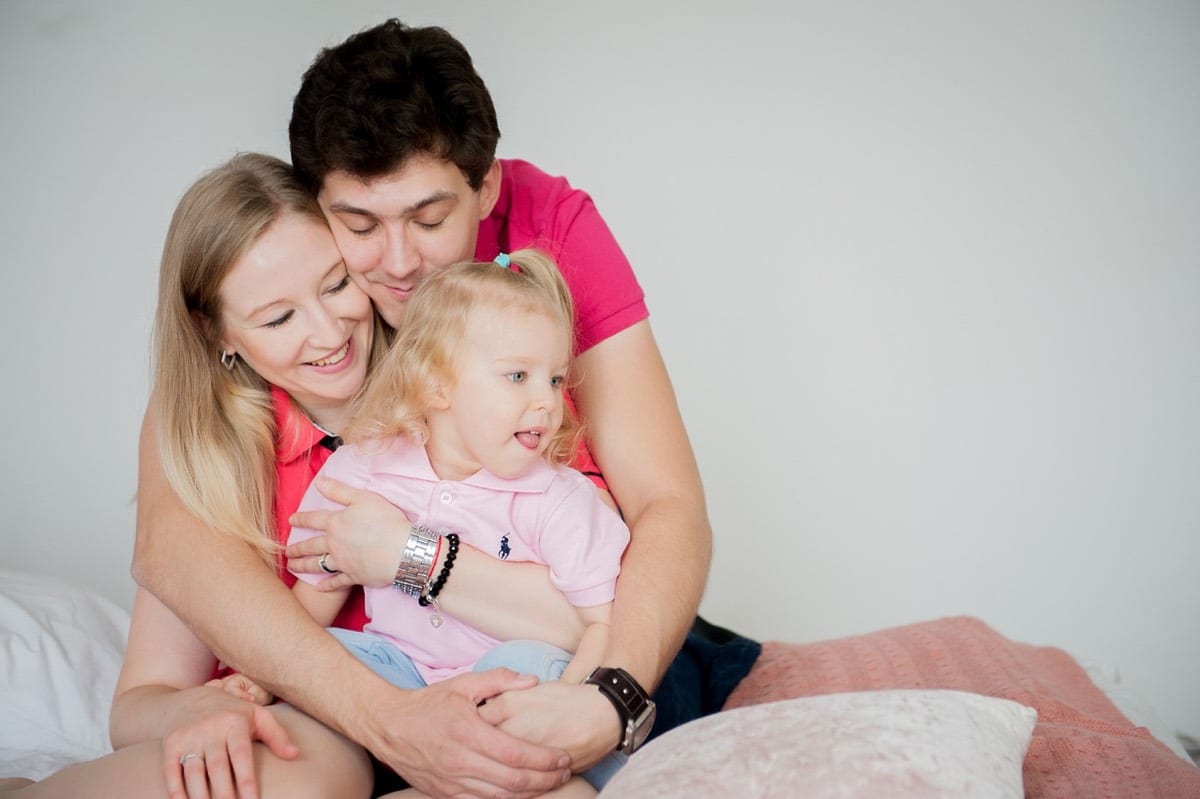If you are single or single, it is possible that at some point in your life you have to live with other people's children, that is, other people's children. Whether it is the offspring of your new partner, your new roommate or roommate, or the children of a relative, the fact is that it is difficult to go through life without meeting other people's children.
Many doubts and questions arise when you suddenly find yourself in this situation. Do you know the rules and limits? Undoubtedly, sharing the home gives you some responsibilities regarding the other person's children. But how do you deal with this situation without overloading yourself? Or, even worse, without exceeding the limits in discipline, the philosophy of life that parents want to instill in them or in their education?
Limits and positive relationships to live with other people's children

As human beings, we all want children to be well. Anyone wants them to feel safe and cared for, regardless of age or the relationship we have with them. When it comes to other people's children, we must be very clear about how we intend to relate both to them and to their parents. For relationships to be healthy, we must talk and draw the lines that will mark the limits.
Perhaps the most important thing to keep in mind in this situation is that they are not your children. The worst case is that they are the children of your new partner, because your relationship with them will determine the future of your sentimental situation. In other words, if you don't get along with your partner's children, your relationship will be more complicated every day and will probably come to an end. On the contrary, if the relationship is smooth and you become a good masculine or feminine role model for them, then the relationship with your partner will go from strength to strength.
Ideas and tips for living with other people's children in peace

One of the great truths about children is that their behaviors are universal. In general, we are all connected in some way, so the same approaches often work with different people. For example, I have yet to meet a child under the age of 13 who is not petrified by a sudden, stern adult voice. Nor have I seen any young child who can resist a curious smile at shiny or jingling objects.
To children, you are an adult, older, and potentially safe or a threat to them. For this reason, you must be aware of their interactions with you to create a space of trust with the children with whom you have to share your life. To do this, we are going to see some guidelines with which to help you relate to the children of the person with whom you share your life, be it a couple, a family member, or a simple cohabitant.
Be aware of your responsibilities to live with other people's children
It's not part of your job educate, to correct or clean up the kids, so be careful not to accept more responsibilities than your share. It is clear that in coexistence you have to get along and that the tasks must be distributed so that the environment is balanced. However, the children's education falls on their parents, so if you are not comfortable with any of your coexistence tasks, comment on it to reach an agreement.
It is also true that even if it is not your task, you may want to interact, support and help the little ones. Of course, it's normal and there's nothing wrong with it, but make sure the parents are aware of your commitment to the children so that misunderstandings and a sense of role usurpation do not arise.
Be aware of your limits

Children are very good at overstepping limits, so you must be clear about yours so that they do not push you to cross them. If despite being aware you give in to them and exceed the limits, act as a responsible adult and inform your parents and take the measures you deem appropriate.
Remember that in any circumstance in which children are involved, either because they exceed the limits or because you want to help or punish them in some way, you must always inform their parents. Be sure to always clarify with the parent how far you can extend your influence over them..
Avoid conflicts and do not interfere in them
Family relationships often go through difficult times, especially with young children and/or adolescents. It's very easy to witness behavior you don't approve of, and that's okay. Ask yourself if this behavior is really serious and it is necessary that it does not happen again, or if on the contrary it is just a personal preference. However, if you make any criticism about it, please be as kind as possible. You have to understand that children are specialists in pushing their parents' nerves to the limit, so try to empathize with unpleasant situations.
As we have said before, children are their parents' problem, so in any conflict, act as a witness only, when possible. Always keep in mind that you are not the referee, much less the judge of the house, so let the family problems get over within the family, since even if you are a new member of it, conflicts with children are not your responsibility.